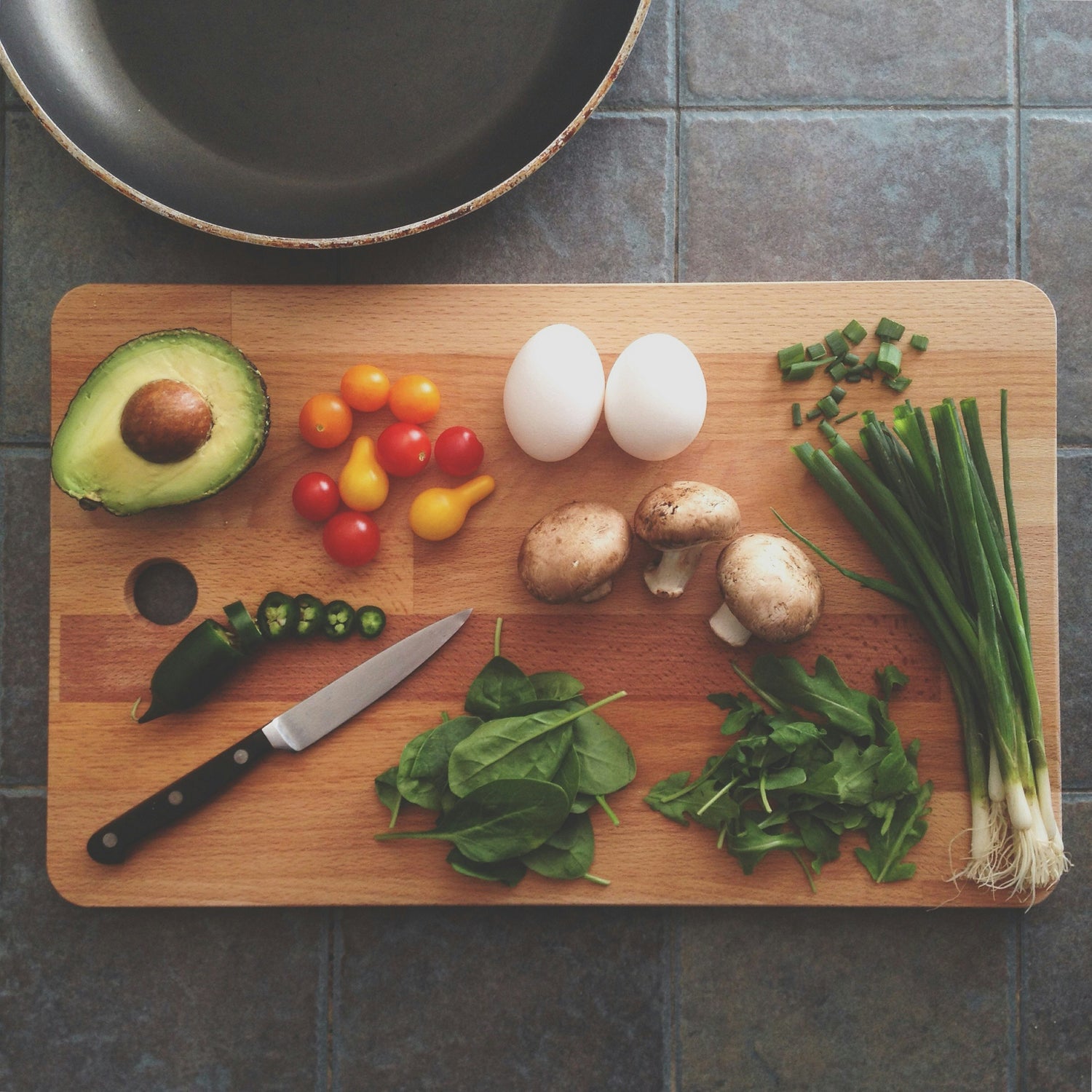
Are you sleeping poorly, eating everything in sight and finding little motivation to exercise? Don’t worry: You’re in the majority. Few of us are handling our health well during this quarantine, with rules that shift daily. But how well we rest, feed our bodies and move may all be consequences of something more systemic: stress.
Stress is the body’s reaction to any change that requires an adjustment or response. And a global virus for which we currently have no known cure is the ultimate escalator of stress. Like significant upheavals such as death, divorce, or financial catastrophe, the fear of disease and related disruptions to daily life are putting our stress levels at an all-time high — no matter who you are.
Of course some of us are more heavily burdened with stressors, such as those with underlying health conditions that increase susceptibility. But even generally healthy people who are suddenly tasked with having to work full time, act as school teachers, parent children around the clock, and maintain a safe environment are under attack. We all know one thing for certain: No one is immune to stress during this unprecedented quarantine.
We Feel Your Stressors
A quick survey of employees and friends at Quicksilver Scientific made some of these universal stressors abundantly clear. Maybe you too are feeling the stress triggered by the same wild things we are:
- Having to give those weird “air hugs” instead of embracing your friends and loved ones.
- The dull ache of underlying “loss” from tangible things like jobs and financial security to the more intangibles like a sense of routine, predictability and calm.
- Overeating or erratic emotional eating … and then beating yourself up for a secondary “failure.”
- Watching the numbers on the scale tick up, but having zero motivation around the actions that could get you back down to a healthy weight. Not to mention, many of your usual exercise choices may be limited during this time.
- Feeling fractured by the many social “holes” in your life. Wow, you were more social than you thought!
- Baking, baking, and more baking — without realizing it’s because your poor stressed body is craving sugar and carbs in a desperate attempt to reregulate blood sugar levels.
- Getting sick with a regular old summer cold because your immune system is suppressed by stress. Then freaking out that it might be the dreaded virus.
- Dreaming some of the weirdest scenes in a fitful night of sleep, then psychoanalyzing what they might mean, adding another fresh stressor.
- Drinking a glass of wine — then, five — to take the edge off and detach from the emotional roller coaster that you’re not sure will ever come to halt.
- Generally feeling “yucky” due to the culmination of months without a health — or life — routine.
Stress Reduction Goals: Where to Start
We’re betting at least one of the statements above rang true. And while that should give you great solace that you are not anywhere close to alone in this post-quarantine world, it’s just sympathy.
After months of isolation, frustration and general chaos, you might be ready to make a move to start reducing even a fraction of the stress that’s leading to chronic disruptions in your life. Wouldn’t it feel good to regain control over even a few aspects of your life? Here are some simple yet powerful ways to start managing the root stressors that could be compromising your long-term health.
Grieve. You lost your life as you knew it! We all did. It is not only acceptable but also healthy to acknowledge this overwhelming loss. Grieve however you need to — have a good, long cry or talk to someone or ritualistically “bury” the past. It can be hard, but sometimes we have to feel the sadness to let go of it and move forward.
Relinquish. Life has always been messy, and messier still during a turbulent pandemic. If you can write yourself a daily sticky-note reminder about just how imperfect life is by nature, you can start to relinquish unhealthy quests for perfection. If you practice enough, you can learn to laugh at the messiness of life.
Meditate. A well-studied stress-reduction practice like meditation may need to become a central part of our lifestyles moving forward. But you don’t have to make this harder than it is. Start with one of the many calming apps that will guide you through breathing sessions as short as five minutes. Meditation — really just focused breath — can become as routine as a cup of coffee.
Eat & Exercise. They go together because they instinctively “feed” off of each other. When you start slowly to eat lighter and smarter — incorporating more whole foods — you’ll have more energy to exercise. Kickstart any form of exercise in the morning and your body will naturally start to crave healthier foods throughout the day. But don’t get too rigid too fast: An occasional donut makes all of us happy.
Sleep Soundly. It’s well documented how important sleep is to human functioning. And stress can critically hamper this routine. So prioritize and protect your nightly rest the way you do the big stuff like work and family time. It’s that important. If you don’t have a bedtime routine, start there. Ditch your devices, turn down the lights, try a gentle melatonin supplement, light a candle, read or talk to a loved one, and add an eye pillow or lavender pillow spray. The more sacred you make it, the more sleep will find you.
Happy slumbering, moving, eating, and generally de-stressing. You can do it. Stay tuned next week for our blog on how moods can swing post-quarantine.
This blog is part of our Quarantine Recovery Series. If you enjoyed this post, you may be interested in our previous blogs from this series:




